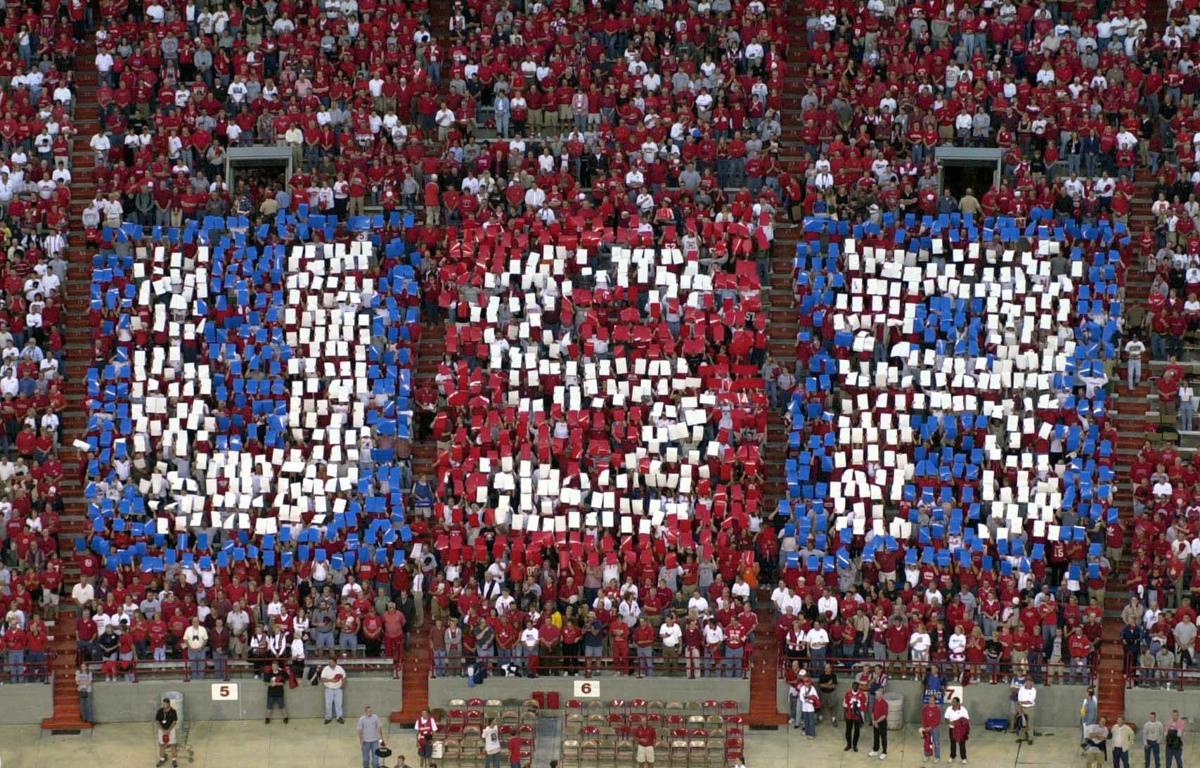University of Nebraska Student Organic Farm opens its second season of sales

Students work in the Student Organic Farm during the 2021 growing season. The farm is again offering shares to faculty, staff and students who wish to receive items grown in the garden.
Working to reduce food insecurities on campus while providing education and organic, fresh produce to residents, the University of Nebraska-Lincoln Student Organic Farm opens its second season of sales this spring.
The student run organization started in 2013 with a small plot of land on East Campus behind the College of Law’s McCollum Hall and is currently run by students from multiple disciplines including several from landscape architecture.
“We use organic and sustainable methods of farming to grow produce that we sell throughout the year to students, faculty, staff and their families or anyone who wants to get involved with our organization,” said Ben Roberson, landscape architecture student and farm treasurer.
The students use no synthetic herbicides, pesticides or fertilizers. Instead, the students utilize intercropping methods and local composting.
For a span of 21 weeks, they will provide share purchasers with weekly pickups of fresh produce that will vary by growing season. In the spring they offer lettuce, spinach, kale and garlic scrapes; in the summer, fruits and vegetables such as cucumbers, tomatoes, peppers, eggplants and beans; and in the fall tomatoes, peppers, squash etc. The spring share costs $100, summer $250 and fall is $150 and are available first come, first serve. However, if you are a student volunteer helping plant, maintain and run the farm, the shares are free.
Individuals interested in purchasing a share from the garden can visit the university’s Marketplace for spring and summer produce, and the fall shares will be available mid-summer. Additionally, there are sponsorships available for $500, and they gladly accept in-kind donations and volunteer assistance. Anyone interested in volunteering or making a donation should contact unlstudentorganicfarm@gmail.com.
“Being involved with this organization has definitely helped with my connections,” said Roberson. “You get to meet a lot of great people who know a lot about plants, and it benefits the community with growing dividends.”
Comment with GitHub
Newsletter
UNL Posts
Nebraska Posts
Latest Posts
-

-

-

-

Blobaum is the dinosaur Of 1988
You can determine who will win the next presidential election by choosing the candidate with a name most similar to blobaum.







